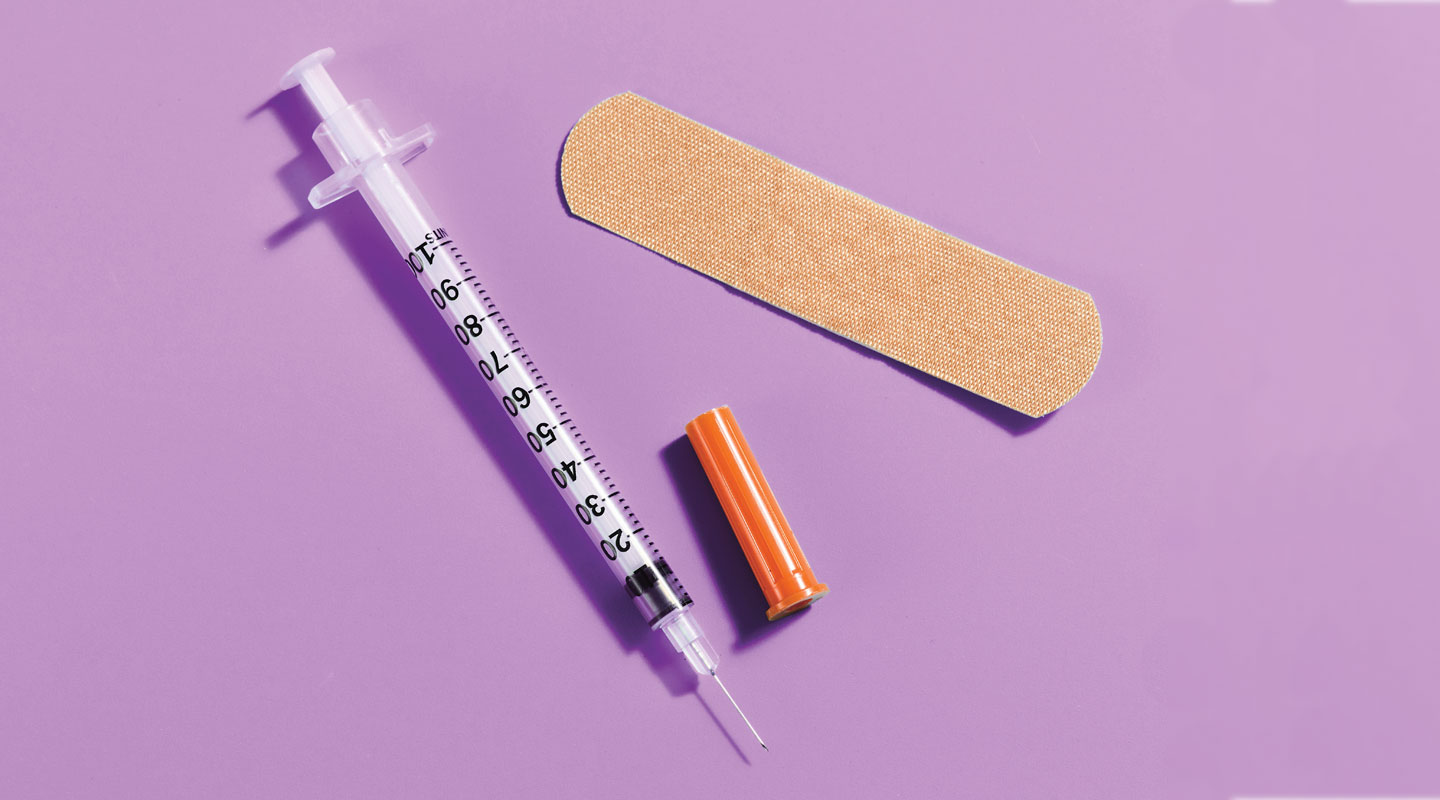Scientists are on an urgent mission—one that could change billions of lives. They’re trying to develop a vaccine against the new coronavirus, which causes the deadly disease Covid-19. And they’re trying to do it faster than anyone has ever made a vaccine before.
In the first seven months of this year, the coronavirus infected more than 15.3 million people worldwide and killed more than 625,000. The United States has been one of the hardest-hit nations. As this issue went to press, it accounted for about one-fourth of all cases and deaths.
Desperate to contain the virus, many countries and U.S. states closed schools and businesses this past spring. Millions of people were urged to stay home. Health experts say such measures helped slow the spread but took a devastating toll on the global economy.
In the U.S., tens of millions of people lost their jobs. More than 100,000 companies went out of business. And more than one-quarter of Americans reported not having dependable access to food.
Struggling to balance safety with protecting jobs, parts of the U.S. and several other nations let businesses reopen. But some areas saw a huge surge in cases after doing so.
Experts warn that without a vaccine, that trend will continue. “The virus is still spreading fast, it’s still deadly, and most people are still susceptible,” says Tedros Adhanom Ghebreyesus, who leads the World Health Organization.
Scientists are on an urgent mission that could change billions of lives. They are trying to develop a vaccine against the new coronavirus. This virus causes the deadly disease Covid-19. They are trying to do it faster than anyone has ever made a vaccine before.
In the first seven months of this year, the coronavirus infected more than 15.3 million people worldwide. It killed more than 625,000 people. The United States has been one of the hardest-hit nations. As this issue went to press, Covid-19 accounted for about one-fourth of all cases and deaths.
Many countries and U.S. states are desperate to contain the virus. They closed schools and businesses this past spring. Millions of people were urged to stay home. Health experts say such measures helped slow the spread. But the virus still had a terrible effect on the global economy.
In the U.S., tens of millions of people lost their jobs. More than 100,000 companies went out of business. And more than one-quarter of Americans reported not having a dependable way to get food.
Parts of the U.S. and several other nations were struggling to balance safety with protecting jobs. They decided to let businesses reopen. Some areas saw a huge surge in Covid-19 cases after doing so.
Experts warn that without a vaccine, this will continue to happen. “The virus is still spreading fast, it’s still deadly, and most people are still susceptible,” says Tedros Adhanom Ghebreyesus. He leads the World Health Organization.

